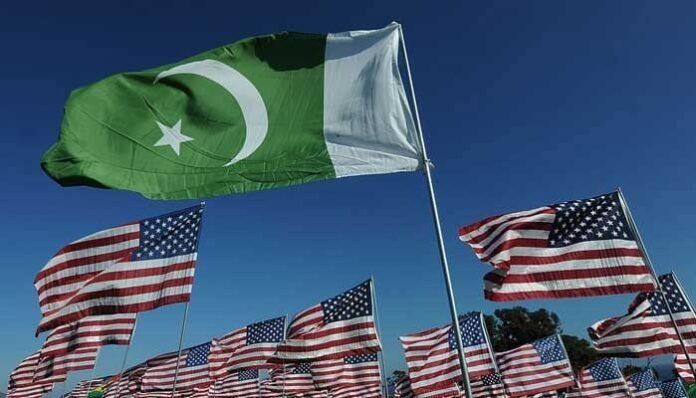A surprise lunch between former US President Donald Trump and Pakistan’s military chief, Field Marshal Asim Munir, has rattled New Delhi, prompting India to quietly protest and reconsider its diplomatic balancing act with China.
According to Indian officials cited by Reuters, the Trump-Munir meeting at the White House—held without senior Pakistani civilian leaders—sent the wrong signal, especially after India’s recent skirmishes with Pakistan. The encounter reignited India’s longstanding concerns over US support for Islamabad, particularly in the realm of counter-terrorism cooperation and potential arms supplies.
India blames Pakistan for sponsoring cross-border terrorism, a charge Islamabad denies, while the US maintains it values ties with both nations independently. But New Delhi fears that any renewed military cooperation between Washington and Islamabad could shift the delicate balance in South Asia, especially after the deadly May attacks in Indian Illegally Occupied Jammu and Kashmir (IIOJK) that left Hindu tourists dead and sparked days of aerial clashes before a ceasefire.
The Trump-Munir lunch came as a shock to Indian policymakers, who reportedly made multiple calls to their US counterparts to register their protest. Indian officials warned that arms provided to Pakistan could eventually be used against India in the event of another conflict.
This diplomatic rift has also spilled into trade. Prime Minister Narendra Modi declined Trump’s invitation to visit Washington after the G7 summit, while New Delhi proposed retaliatory tariffs at the World Trade Organization—signaling frustration with the White House’s unpredictability on economic issues.
Turning to China as a hedge
Faced with Washington’s shifting priorities, India appears to be softening its stance toward Beijing. Foreign Minister Subrahmanyam Jaishankar made a rare visit to Beijing recently, the first since the deadly 2020 border clash. India has also begun easing investment restrictions on Chinese companies, despite lingering tensions along their shared frontier.
Analysts say this cautious outreach is a hedge against Trump’s volatile diplomacy. “With an unpredictable dealmaker in the White House, New Delhi cannot rule out a sudden Sino-US rapprochement,” said Christopher Clary, a political science professor at the University at Albany.
China, for its part, has signaled a willingness to engage, with President Xi Jinping holding talks with Modi at recent multilateral summits. Both sides seem to recognize the benefits of lowering tensions, even if their underlying disputes remain unresolved.
For now, India finds itself navigating an increasingly complex diplomatic landscape—juggling strained ties with Washington, the threat of US-Pakistan military cooperation, and the delicate thaw with Beijing.




